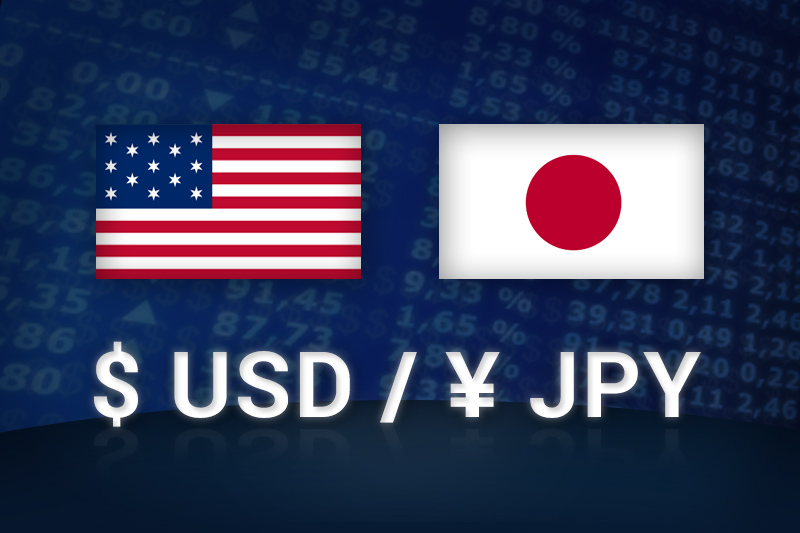Investing.com’s stocks of the week
Investing.com - The U.S. dollar slipped lower against the yen amid profit taking on Monday, but losses were limited as expectations for further easing by the Bank of Japan continued to weigh on the yen.
USD/JPY hit 80.27 during late Asian trade, the session low; the pair subsequently consolidated at 80.28, shedding 0.24%.
The pair was likely to find support at 80.11, Friday’s low and resistance at 80.66, Friday’s high and a six-month high.
The yen remained under pressure after the BoJ and the government released a joint statement last week reiterating the central bank’s commitment to combating deflation and spurring growth.
The statement came after the BoJ eased monetary policy for the second consecutive month.
Demand for the dollar continued to be underpinned after official data on Friday showed that the U.S. economy added 171,000 jobs in October, beating forecasts for an increase of 125,000. The unemployment rate ticked up to 7.9% from 7.8% in September as more people re-entered the labor force.
Investors were focused on the outcome of Tuesday’s U.S. presidential elections, amid concerns over the U.S. fiscal cliff, automatic tax hikes and spending cuts due to come into effect on January 1, which could threaten U.S. and global growth.
The yen was higher against the euro, with EUR/JPY down 0.52% to 102.74.
The single currency was hit by ongoing uncertainty over when Spain may request a bailout and whether Greece can implement austerity measures in order to secure the next tranche of its bailout funding.
Later Monday, the Institute of Supply Management was to publish data on U.S. service sector activity.
USD/JPY hit 80.27 during late Asian trade, the session low; the pair subsequently consolidated at 80.28, shedding 0.24%.
The pair was likely to find support at 80.11, Friday’s low and resistance at 80.66, Friday’s high and a six-month high.
The yen remained under pressure after the BoJ and the government released a joint statement last week reiterating the central bank’s commitment to combating deflation and spurring growth.
The statement came after the BoJ eased monetary policy for the second consecutive month.
Demand for the dollar continued to be underpinned after official data on Friday showed that the U.S. economy added 171,000 jobs in October, beating forecasts for an increase of 125,000. The unemployment rate ticked up to 7.9% from 7.8% in September as more people re-entered the labor force.
Investors were focused on the outcome of Tuesday’s U.S. presidential elections, amid concerns over the U.S. fiscal cliff, automatic tax hikes and spending cuts due to come into effect on January 1, which could threaten U.S. and global growth.
The yen was higher against the euro, with EUR/JPY down 0.52% to 102.74.
The single currency was hit by ongoing uncertainty over when Spain may request a bailout and whether Greece can implement austerity measures in order to secure the next tranche of its bailout funding.
Later Monday, the Institute of Supply Management was to publish data on U.S. service sector activity.
